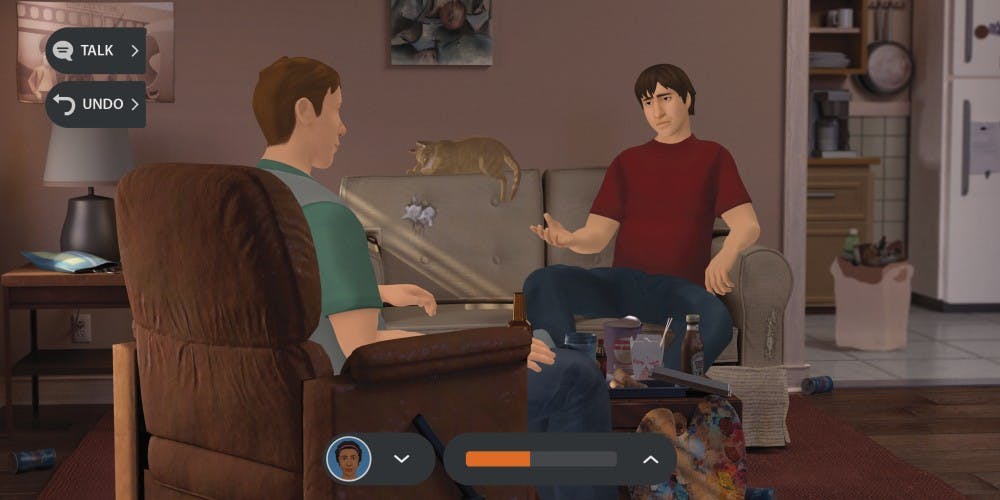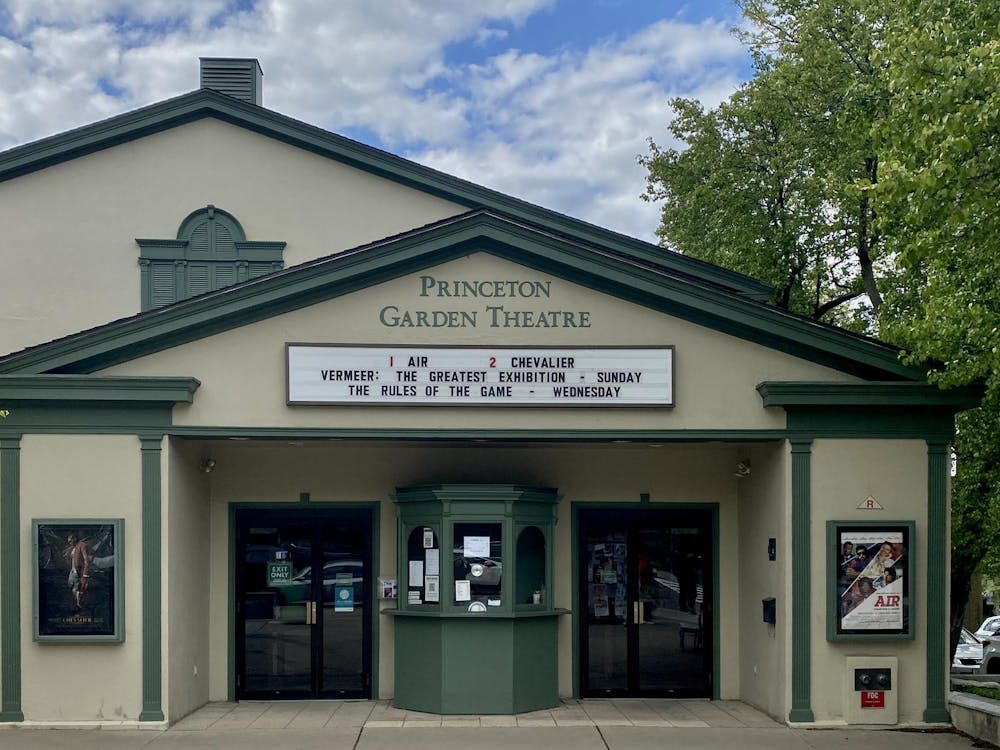On Nov. 11, designated as “Kognito Day,” first-year students participated in Kognito, an online simulation designed to help students identify signs of psychological distress in others and intervene.
Implemented this September, the Kognito program highlights skills and phrases students can use to work with peers in emotional distress.
Kognito is a 35-minute training program meant to teach students how to recognize signs of mental health distress in their peers and effectively intervene. The program uses avatars to lead students through role-play situations, teaching them how to respond to the needs of their friends and effectively connect them to support resources.
Dr. Calvin Chin, head of Counseling and Psychological Services (CPS), said that the impetus for including a program on mental distress within the First Year Residential Experience (FYRE) program became clear when analyzing what other programs were available.
“While we cover high-risk drinking and sexual assault [on campus], one issue we weren’t covering was mental health and distress,” Chin said.
Drinking and sexual assault programs, such as AlcoholEdu and Not Anymore, are currently required to be completed by first-year students before arrival on campus. However, until last September, no program on psychological distress was mandatory.
According to Chin, the main sources of psychological distress for students are stress and anxiety, followed closely by depression.
Though the signs of these issues may be visible to other students, those who notice the signs may not speak up due to their prevalence on campus, Chin said.

Kognito aims not only to bring awareness to the signs of stress, anxiety, and depression, but also to emphasize the importance of seeking treatment before the effects of psychological distress impact a student’s academic and social life.
“There are a lot of different things that [the University and CPS have] been doing … to promote the idea of actively caring for yourself and others,” said Chin. “The message that we’re putting out is … to continue bystander intervention.”
The University officially implemented the program in September, but decided to postpone first-years’ participation in the program until now, after they’d had a chance to settle in.
According to Chin, “Kognito was the program that had the most data on effectiveness and success” in educating students to have conversations surrounding mental health.

In addition, Kognito was piloted on campus and positively reviewed by a number of student leaders.
The students who piloted the program shared that they learned basic skills of how to structure conversations about mental health, according to Chin. He added that students who participated in this initial run of the program stated that they could “better help their friends.”
Deshawn Cook, Director of Student Life of Butler College, highlighted the importance of efforts to inform students about holding conversations on sensitive topics.
“It’s a common experience that [students] don’t know how to approach the subject or approach that friend,” said Cook. “You don’t want to upset them or cause any tension within the relationship.”
Cook explained that the program allows students to develop the skills to first recognize the signs that someone is in need of help and then start difficult conversations.
Although “Kognito Day” is aimed toward first-years, Cook emphasized that the program is open to all undergraduates, and he strongly encouraged all students to take the training.
Apart from direct education, the goals of Kognito extend to helping create an atmosphere in which conversations about mental health can be had openly. Associate Dean of Undergraduate Students Mellisa Thompson stated that she hopes that completing the program and debriefing with RCAs afterwards will help first-years continue the conversation surrounding mental health.
“We want [mental health] to be part of the fabric of conversation around campus.”
After completing the training, students found Kognito’s points basic, but important nonetheless.
Helen Reeves ’22 stated, “I think a lot of the things they covered were relatively obvious … but at the same time I think that … it was good to have some sort of training available since some students have more training than others.”
“It’s important to have a foundation for discussing these issues,” she added.
Thomas Johnson ’22, who previously received mental health training through the military, expressed similar views.
“We did a lot of that type of training [in the military], like [identifying] people that were at risk,” said Johnson. “I think [Kognito] was well designed for the average college student who might not have had exposure [to mental health training] before.”
Abby de Riel ’22 believed that, though helpful, the simulation could have been more realistic.
“The conversation was very brief and had a formality to it that was very unrealistic of how that type of conversation might really go,” explained de Riel. “I don’t think big mental health issues are ever resolved in one conversation, and there is usually much more frustration coming from the person who is suffering.”
“It is not that simple in real life, but for a simulation, I think Kognito did a good job,” de Riel said.
Reeves reiterated that the scenario highlighted issues that are relevant to students: “I think … the combination of academic stress and interpersonal relationships and issues with his parents … are really relatable to everyone in college.”
Johnson agreed, stating, “The different situations they talked about and the kind of situations they put them in seemed realistic, specifically at Princeton with the classes and the social environment.”
Students had mixed feelings surrounding its timing this late in the semester.
Reeves stated, “I think the timing … could have been at the beginning of the year but having it further in the year is helpful since we’re really in the thick of it now so it might be more relevant now than [earlier].”
Alternatively, having been trained as a medic in the military, Johnson believes that earlier is better. “I thought it should have been done earlier, just because … to have this training held off was kind of pointless because you need to identify the signs early to do something about them.”
Kognito is currently open to interested or concerned students, who can complete the training on their own by going to kognitocampus.com and using an enrollment key provided by the University. Students are also encouraged to discuss signs of mental distress in peers with CPS staff.








